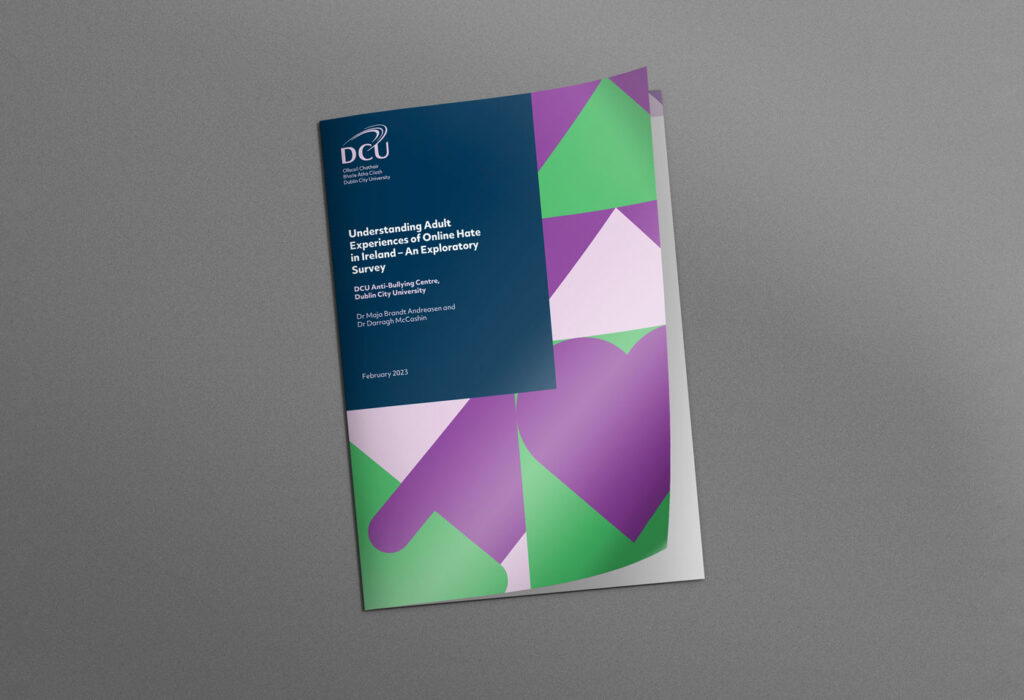The Observatory has launched the annual report: “Understanding Adult Experiences of Online Hate in Ireland – An Exploratory Survey”. The report is the first of its kind in Ireland, looking into online hate experienced and witnessed by adults in Ireland. The report asks whether the hate targeted their race, ethnicity, gender, nationality, sexual orientation, religion, age, disability, appearance or personal beliefs.
Key findings include:
- Just under half of respondents have at one point experienced some form of online hate (45%), because of their personal identity or beliefs.
- Those aged between 18-25 were significantly more likely to report experiencing online hate, compared to older age cohorts (from 35+).
- Sexual minorities experienced higher levels of online hate than heterosexual people
- Respondents belonging to the faith of Islam were significantly more likely to report experiencing online hate, compared to the majority religion of Roman Catholicism (72% vs. 37% respectively).
- People with disabilities experienced significantly more online hate, compared to those who did not consider themselves as having a disability (64% vs. 42% respectively).
- Of those who experienced online hate, almost 50% identified a stranger as the source of this.
- Less than half of the respondents took action in response to their experiences. Those who took no action did not feel it was serious enough (37%), did not know what to do (34%), or did not think that anything would change (31%).
- Of those who took action, most spoke to family and friends, reported it to the website or social media company, or blocked the account. Few contacted the authorities – 18% contacted An Garda Síochána and only 7% reported it to Hotline.ie.
- While almost half the respondents had experienced no negative impact of the hateful communications they received, young people experienced significantly higher levels of negative impact than older age groups.
- Participants supported the introduction of further legislation to prevent online hate (74% agree or strongly agree) and the idea that social media companies should do more to stop the spread of online hate (79% agree or strongly agree).


